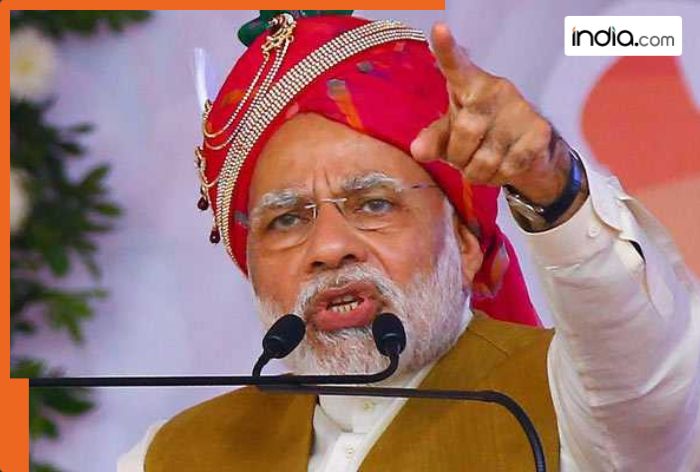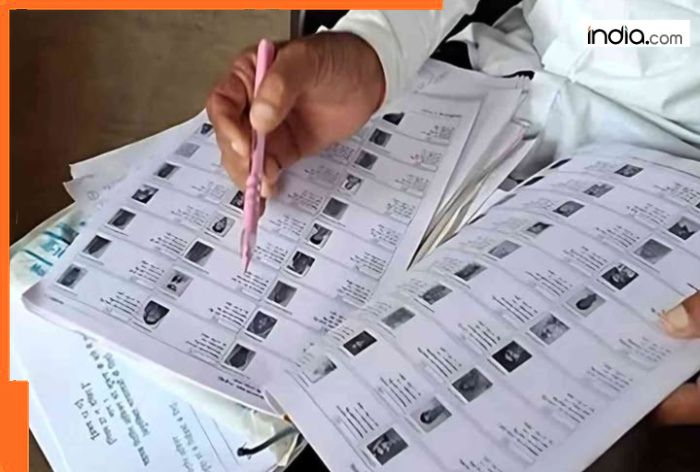Children below 18 need consent of parents to create social media account: Centre releases draft of Data Protection Rules
The Central Government has released a draft of Digital Personal Data Protection rules, stating that children under the age of 18 will now require parental consent to create social media accounts.

New Delhi: The authorities has launched the prolonged-awaited draft of Digital Non-public Knowledge Protection Guidelines which proposes to originate mum or dad’s verifiable consent and identification significant for creation of youth’s particular person fable on online or social media platforms, and additionally moots potential files localisation requirements for specified deepest files.
Notably, the draft tips – that are key to operationalisation of the info security Act – see to originate parental nod a must occupy for processing of deepest files of adolescents. Extra, parents’ identity and age will additionally should be validated and verified by design of voluntarily provided identity proof “issued by an entity entrusted by rules or the authorities”, utter the draft tips.
A significant – and a shock – takeaway from the draft tips, in accordance to industry consultants, is the side of localisation and extra oversight on gruesome-border files sharing in specified conditions.
On processing of deepest files of youth, the draft tips negate: “A Knowledge Fiduciary shall adopt appropriate technical and organisational measures to make sure verifiable consent of the mum or dad is received earlier than the processing of any deepest files of a teenager and shall glance due diligence, for checking that the particular particular person identifying herself as the mum or dad is an adult who's identifiable if required in connection with compliance with any rules on the moment in force in India…” This would should be referenced to legitimate particulars of identity and age accessible with the platform or entity itself, or by design of voluntarily provided particulars of identity and age or a digital token mapped to the identical, which is issued by an entity entrusted by rules or the authorities.
Citing an example of how this may work, the tips said in case a teenager’s fable is sought to be created on a net based platform, the said entity will by referencing identity and age particulars (issued by an entity entrusted by rules or the Government) check that the mum or dad is indeed an identifiable adult.
“The mum or dad may voluntarily originate such particulars accessible the utilization of the companies and products of a Digital Locker provider provider,” it said.
As per the tips, entities will seemingly be in a plan to exercise and process deepest files best if contributors occupy given their consent to consent managers–which is ready to be entities entrusted to administer files of is of the same opinion of folks.
Provision related to files localisation has additionally caught the industry’s consideration. Change watchers identified that while DPDP Act largely permits gruesome-border files sharing, other than to blacklisted jurisdictions, the draft tips price on the probability of extra oversight.
This, for the reason that draft tips negate that: “A Major Knowledge Fiduciary shall undertake measures to make sure deepest files specified by the Central Government on the muse of the ideas of a committee constituted by it is processed arena to the restriction that the deepest files and the traffic files regarding its waft just will not be transferred originate air the territory of India.” Set simply, `files fiduciaries’ are entities that resolve which deepest files is to be unexcited and functions for it to be processed. Major files fiduciaries, as per the DPDP Act, are to make sure on the muse of the amount and sensitivity of deepest files processed, dangers to the rights of contributors (files principals), and potential influence on sovereignty and integrity of India, security of the negate and public expose.
“A Major Knowledge Fiduciary shall, once in every period of twelve months from the date on which it is notified as such or is integrated in the class of Knowledge Fiduciaries notified as such, undertake a Knowledge Protection Affect Evaluate and an audit to originate sure efficient observance of the provisions of this Act and the tips made thereunder,” the draft tips occupy said.
A Major Knowledge Fiduciary would additionally should glance due diligence to verify that algorithmic instrument deployed by it for hosting, present, importing, modification, publishing, transmission, storage, updating or sharing of deepest files processed by it should not going to pose a possibility to the rights of an particular particular person.
On processing of deepest files originate air India, the tips suggest that “transfer to any country or territory originate air India of deepest files processed by a Knowledge Fiduciary… is arena to the restriction that the Knowledge Fiduciary shall meet such requirements as the Central Government may, by general or special expose, specify in admire of developing such deepest files accessible to any international Remark, or to any particular person or entity beneath the adjust of or any agency of this kind of Remark”.
Shreya Suri, Accomplice at IndusLaw illustrious that “a attention-grabbing construction” is the introduction of potential duties for significant files fiduciaries regarding gruesome-border files sharing.
“While the Act largely permits such transfers, other than blacklisted jurisdictions, the draft tips price on the probability of extra oversight. A proposed committee may counsel that sail deepest files be restricted from being transferred originate air India, which adds a brand new dimension to the regulatory panorama that will most seemingly be significant for stakeholders to retain in mind,” she said.
In case of a files breach, entities will should intimate affected contributors today giving a description of the breach, including its nature, extent and the timing and plight of its incidence; the effects liable to come up from the breach; and possibility mitigation measures being applied.
Here's a PTI pronounce; other than for the header, no adjustments occupy been made to the speak.
What's Your Reaction?




















































